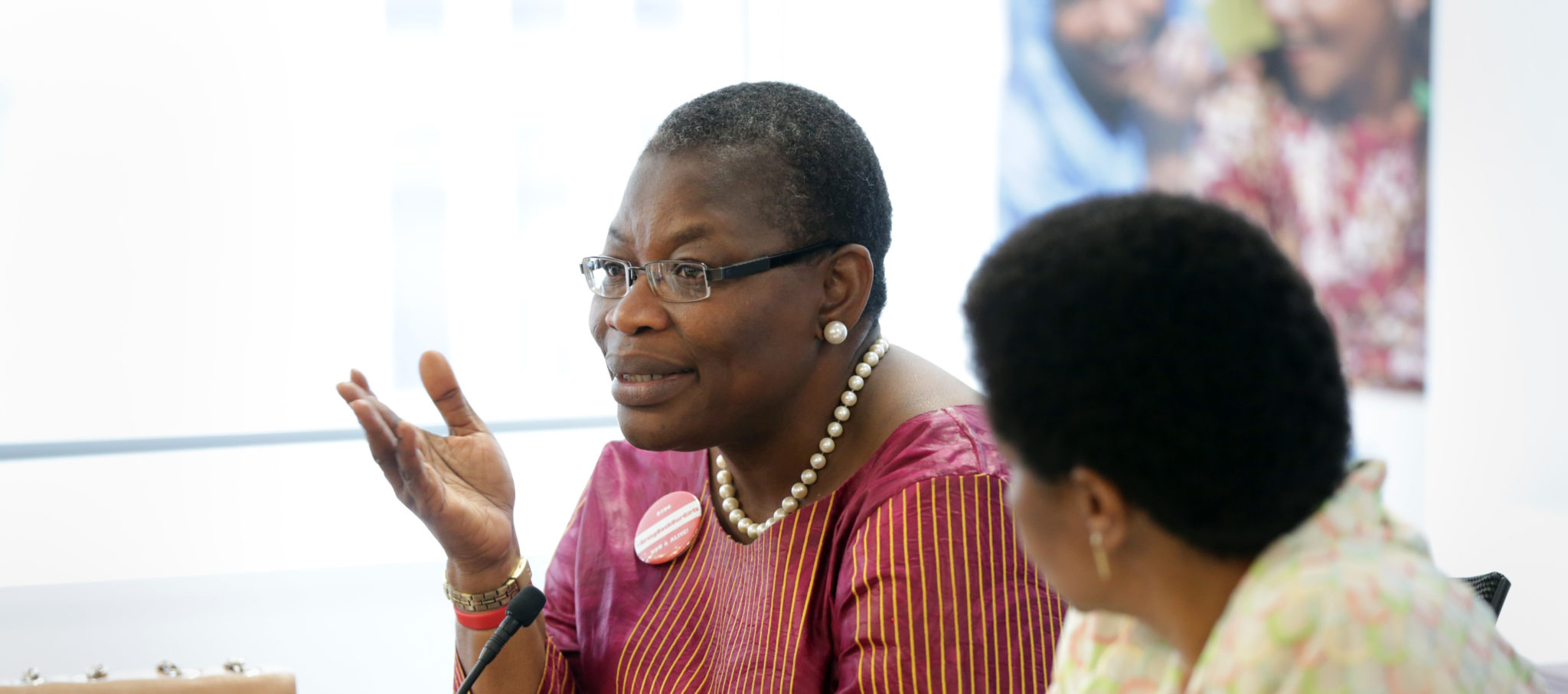


A joint initiative between the University of Bergen
and CMI – Chr. Michelsen Institute
Is Nigeria Lifting the Corruption Curse?
An interview with Dr Oby Ezekwesili (Co-founder of Transparency International and former Vice President of the World Bank’s Africa division).

The interview will be m
oderated by
Dr Inge Amundsen
(CMI).
Nigeria has recently challenged one of the stronger hypotheses of the ‘resource curse’ theory; that authoritarian oil-dependent countries are unlikely to transition to democracy. However, in March 2015 Nigeria made a remarkable democratic transition with a new president and a new party coalition elected in reasonably free and fair elections.
This new government came to power on an anti-corruption ticket. President Buhari promised, “I will kill corruption before it kills Nigeria”.
Now, is Nigeria lifting the corruption curse? Some signs are promising, like the new ruling party that bridged the north–south divide and is more business-friendly and less rent-seeking. Mind-boggling revelations of criminal diversion of public funds have been exposed, and a wave of arrests have been made. Other signs are less promising. No court has concluded a single major corruption case. Missing oil revenues remain unaccounted for, the military is still very corrupt, and the Access to Information law is not properly implemented.
In this open seminar we will discuss the current situation with Dr Oby Ezekwezili. We will ask her if the change of government has led to a change of policies, about the fall in oil prices and the following economic austerity, and whether Nigeria fits the “resource curse theory” model.
We will also ask for her opinion on the new government and what it has been able to achieve, and what more needs to be done to lift the corruption curse.
You and your questions are also welcome!

